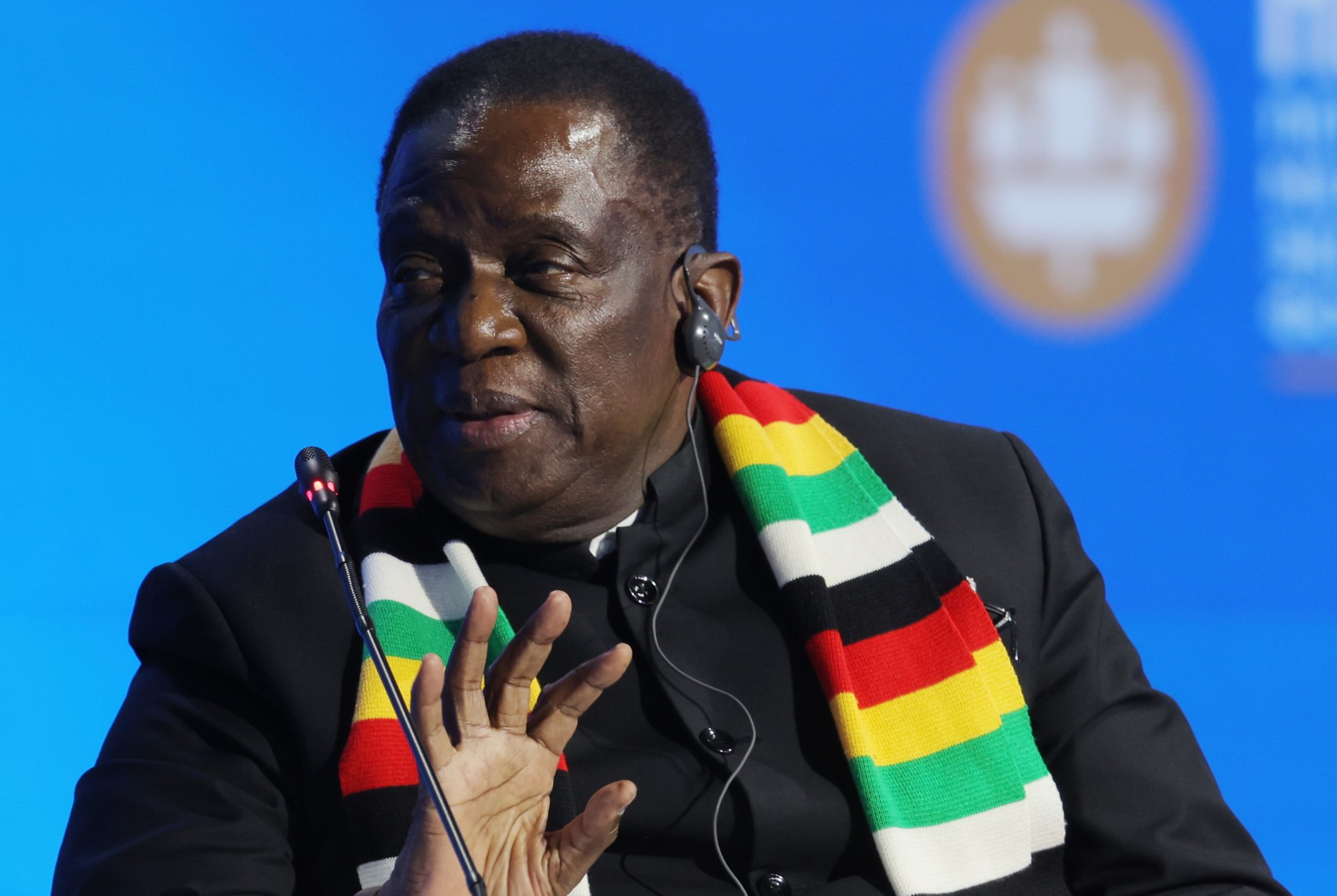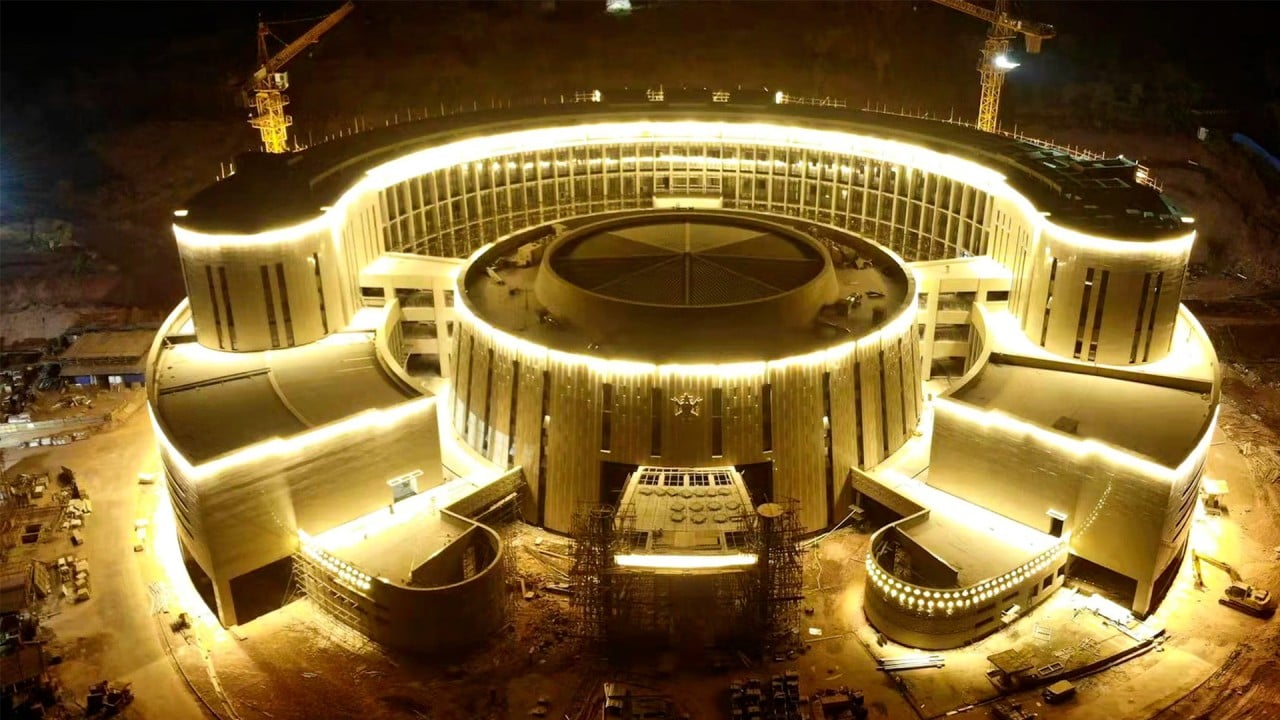Bussiness
Zimbabwe wants ‘haircuts’ from creditors, but China unlikely to shave off debt

“Zimbabwe is currently in debt distress due to the accumulation of external debt payment arrears amounting to US$6.7 billion,” Ncube said.
“The external debt overhang is weighing heavily on the country’s development needs due to lack of access to international financial resources to finance Zimbabwe’s economic recovery and priority projects.”
“We are looking for a lot of haircuts … very deep haircuts and elimination of all penalties.”
According to Zimbabwe’s debt registry, bilateral external debt stands at US$6.2 billion but US$4.7 billion of the amount is in arrears – about 76 per cent of the total bilateral debt.
Harare owes US$4.1 billion to Paris Club creditors – an informal grouping of mainly Western creditor nations focused on sustainable debt-relief solutions. However most of that debt – about 98 per cent or US$4 billion – has been in default since Zimbabwe fell into financial hardship two decades ago.
Zimbabwe’s biggest five Paris Club creditors are Germany, France, Britain, Japan and the US, accounting for US$3.1 billion or 75 per cent of the Paris Club debt.
“We are in discussions with all creditors,” Ncube said in an interview on the sidelines of the African Development Bank annual meetings held in Kenyan capital Nairobi in May.
As part of fixing its financial distress, Harare is planning to make far-reaching economic and governance reforms in the hope it will then be able to access international financial markets. To that end, in 2022, the country established a Structured Dialogue Platform for its arrears clearance, debt relief and resolution with creditors and development partners in order meet and talk through such reforms.
The process to resolving the crisis is being championed by former Mozambican president Joaquim Chissano and African Development Bank president Akinwumi Adesina.
America first implemented sanctions against Zimbabwe in 2001 in response to a controversial forced land seizure of farms under the direction of Robert Mugabe. Nearly 4,000 white commercial farmers in the country were evicted from their land, often violently, between the years 2000 and 2001.
At the time, the US imposed targeted sanctions against selected Zimbabwean officials. More sanctions from the European Union followed in 2002, effectively cutting the country off from access to funds from international markets, including multilateral lenders such as the IMF and the World Bank.
In a bid to rid itself of the long shadow of the Mugabe land seizures, Harare has since committed to implementing sweeping reforms, including a total US$3.5 billion in planned compensation for evicted farmers, with US$55 million allocated in the 2024 budget for this purpose.

As lead negotiator in the debt dialogue process, Chissano said 80 per cent of the country’s debt was in arrears.
“Clearing arrears and solving the debt crisis is critical not only for Zimbabwe but also for the SADC [Southern African Development Community],” he said.
However, he said the Zimbabwean government cannot implement the reforms alone and called on international partners to consider providing help.
In April, Zimbabwean media reported that China had written-off an “unspecified” amount of interest-free loans taken on during Mugabe’s presidency.
“China attaches great importance to resolving Zimbabwe’s debt issues,” Zhou said at the time. “China would like to enhance communication with the Zimbabwean government to work out proper statements through friendly consultation. As a concrete measure, China has cancelled Zimbabwe’s interest-free loans, which matured by the end of 2015.” The ambassador did not disclose the amount of loans written off.
But more recently, Bvumbe said there has not been any debt cancellation from China. “I checked with the embassy when it was reported,” he said. “They didn’t say anything about debt cancellation.”
“I believe that the Zimbabwean government will continue to make efforts to create a favourable business environment to make the mining sector bigger and stronger. And I hope that the Chinese companies will continue their investments in Zimbabwe’s mining sector, based on Zimbabwe’s needs and market principle,” Zhou said.
Besides lithium, Chinese companies have vast interests in tobacco farming and processing. As well as that, Chinese loans have built Hwange Power Station Unit 7 and 8, Kariba South Power Station, the Robert Gabriel Mugabe International Airport expansion project, and Victoria Falls Airport upgrading project, among others.
But while Ncube may be asking for “haircuts” from Zimbabwe’s creditors, Charlie Robertson, head of macro strategy at asset management firm FIM Partners, said it is unlikely China would be willing to shave anything off what it is owed.
“China is always reluctant to accept a cut in debt it is owed, but is amenable to suspensions of interest and principal repayments,” Robertson said.
It is a sentiment echoed by sub-Saharan geoeconomic analyst Aly-Khan Satchu.
“China will surely be supportive but is not in the business of haircuts and cancellations,” Satchu said.
“Zimbabwe has a valuable balance sheet, illiquid admittedly, but they too can negotiate a minerals-for-debt swap,” Satchu said.
He said the biggest challenge for the Mnangagwa government remains the negative spillover emanating from the Mugabe era.
“The current regime has been unable to thread that needle until now,” Satchu said.
“It is clear that some kind of properly funded compensation programme could square that circle and then the government could enter into negotiations.”











